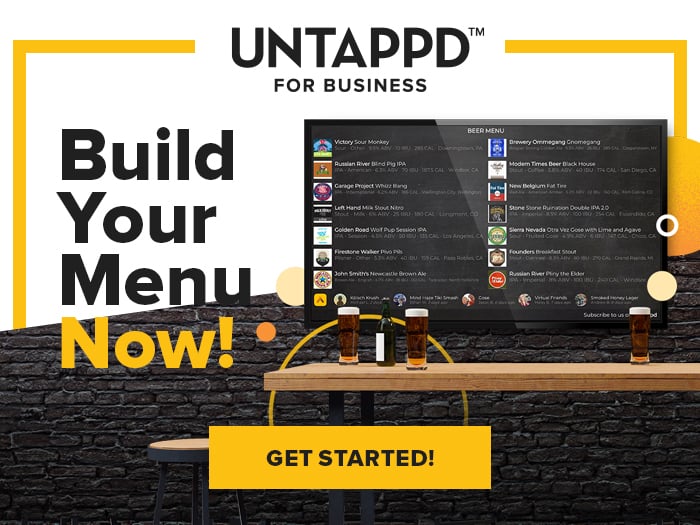How to Craft a Corporate Social Responsibility Strategy for Your Brewery or Beer Bar
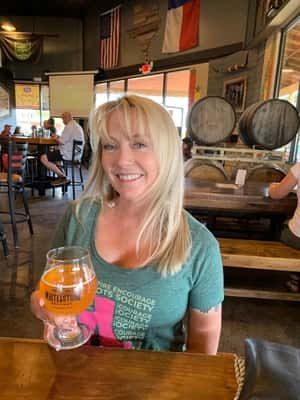
February 10, 2022
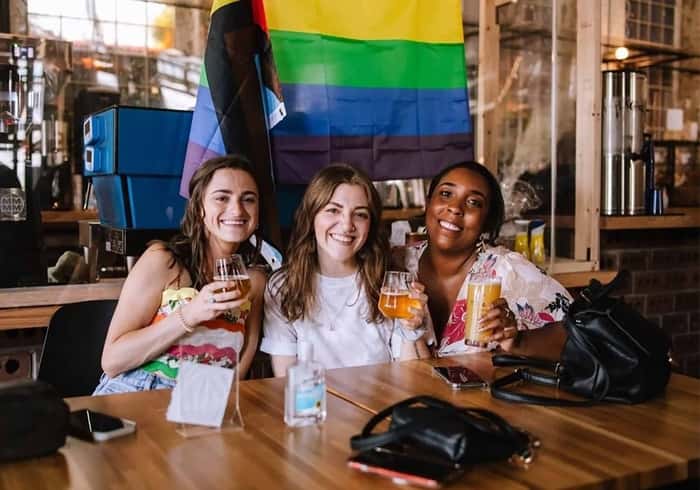
Corporate Social Responsibility (CSR) is the principle that your business has a responsibility to the greater society. Traditionally, CSR programs refer to the triple bottom line: profit, people, and planet. Historically, these initiatives centered around sustainability along with safety, ethics, and compliance.
However, in today’s environment, responsible business practices are expanding beyond these traditional themes to include diversity, equity, and inclusion (DEI). Incorporating holistic CSR strategies throughout your business plan will help you assess and determine ways to cultivate a positive impact on the community you serve.
So where does social responsibility, specifically DEI strategies, belong as part of your business plan? The answer is quite easy – everywhere.
What We’ll Cover in This Piece:
How to Craft a CSR Strategy Including Diversity, Equity, and Inclusion
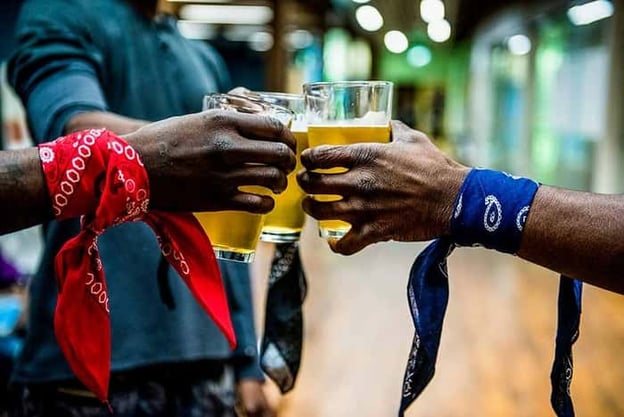
A holistic strategy reaches beyond fundamental business practices like ethics policies, human resources, and occupational safety protocols to include a broader focus on diversity, equity, and inclusion. Customers want to patronize responsible businesses. And employees want to work in safe and inclusive environments.
As you evaluate your business plan, look at each section and see where diversity, equity, and inclusion principles apply. Are your DEI principles reflected in your vision, mission, and core values? Do you have DEI targets? Is leadership held accountable for them?
One way to get started is to use a maturity model like the Global Diversity, Equity & Inclusion Benchmark (GDEIB), provided by the Centre for Global Inclusion. This self-assessment can be applied to any size business and covers fourteen elements with benchmarks ranging from inactive to best practice.
It Starts with Education
Beyond using a tool like the GDEIB assessment, educating everyone involved with your business is important. “Building a more inclusive culture starts with understanding where you are on the inclusivity meter,” says Latiesha Cook, CEO, co-founder, and president of Beer Kulture, a nonprofit working with local and national breweries to foster more inclusive practices. “How do you do that? With education. Educating yourself about what an inclusive workforce and culture IS and how you are going to get there.”
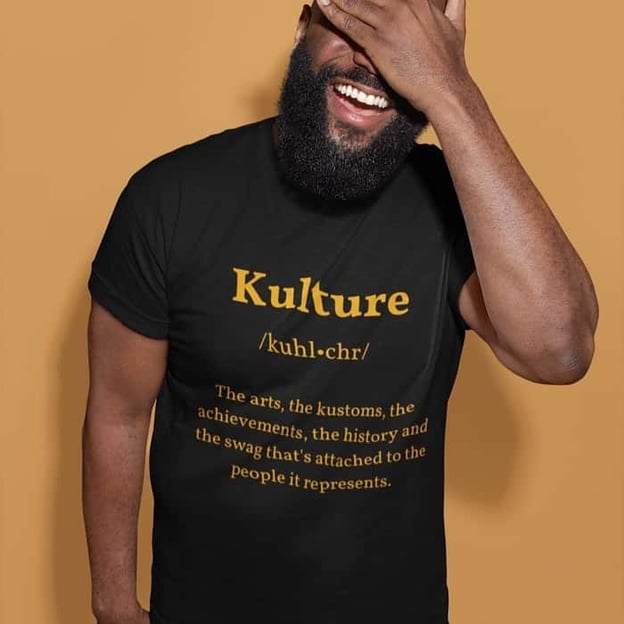
Photography courtesy of Beer Kulture
Attracting and Retaining Diverse Talent
Innovation is fueled by different perspectives and voices, and research shows the benefit of a diverse workforce in driving innovation. According to the World Economic Forum, research shows that companies with above-average diversity scores have forty-five percent higher revenues due to innovation.
Attracting diverse talent is the first step. “Be intentional about communicating to a diverse crowd that you are seeking them. You want to employ them. You want the benefit of having their unique skill set and experience to be a part of the business’ success story,” says Cook. “That starts with being intentional about the placement of your open positions.” For example, in the beverage space, Beer Kulture has a job board with the entire mission to connect employers to a diverse workforce.
Retaining diverse talent is equally important. Your strategy should create an inclusive culture by including fair compensation and advancement practices along with equitable talent development and performance management. “Building a more inclusive culture also requires the celebration of diversity. The celebration of the things that make us different,” says Cook. “This piece is extremely important: Being able to show up 100% as who you are without judgment or the need to ‘code switch’ is key!”
Brand Impact
Building a purpose-driven brand includes identifying how your business will make a positive impact on the community. Moreover, you need to ensure that your facility and products are accessible to everyone. In a highly competitive market, customers are choosing where they spend their dollars carefully. In 2020, a study by IBM called “Meet the 2020 Consumers Driving Change” found that forty percent of those surveyed “were willing to pay a premium for products and services that aligned with their values and lifestyle.” These purpose-driven consumers are driving the beer industry as well. Consumers might be more willing to patronize businesses that are socially responsible or align with their values.
In the case of a large operation like The Boston Beer Company, each location’s brand may vary according to their market, but the approach to DEI should be universal. For Boston Beer, “each taproom runs more or less independently, and it’s important they apply the DEI lens to their specific markets,” says Mariah Calagione, Dogfish Head co-founder and social impact leader at Boston Beer.
Just remember: Since your CSR strategy is embedded in your business plan, it will continue to evolve and grow alongside your business.
How to Implement a CSR Strategy
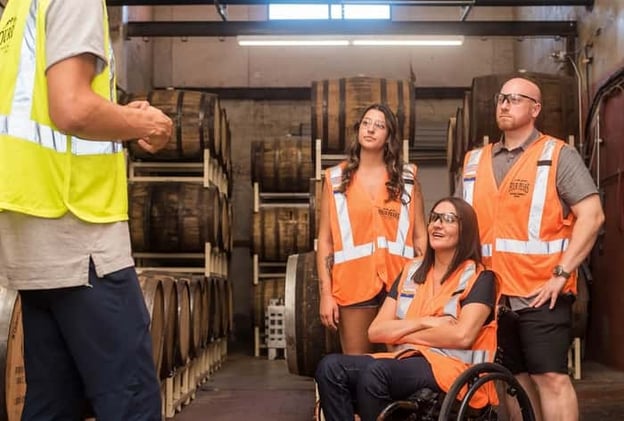
Integrating a holistic CSR strategy into every aspect of your operations takes time and an intentional focus. Using the GDEIB to guide your efforts will help maintain focus and prevent a “boiling the ocean” approach of taking on an impossible task.
For example, when it comes to implementing the hiring strategy, “choose one thing to work on at a time,” says Cook. “Ever heard the saying ‘jack of all trades, master of none’? Don’t let that be your business… To ensure success, you have to do it a step at a time.”
Communicate and Measure the Strategy
Broadly communicate your vision, mission, core values, and DEI goals both internally and externally.
Internally, there are multiple methods to communicate to employees and other team members. Calagione widely distributed Boston Beer’s approach. “It’s important to communicate the company-wide DEI strategy broadly and frequently,” says Calagione. “At Boston Beer, as part of our core values, we believe that our differences make us stronger. As such, DEI communication is embedded in monthly new-hire orientation sessions, our monthly employee newsletter, through Teams channels, team shift meetings, and bulletin boards.”
External communication using tools like social media and business websites is equally important. “Happy customers make us happy, beyond just those who visit our taprooms, we want to have a lasting impact on our community,” says Calagione. Using marketing materials like those provided by the Brewers Association to let customers know everyone is welcome demonstrates to customers that your business cares about the community and fosters a safe working environment.
Measure your targets and hold leadership accountable to meet them. One way to support measurement activities is to form a committee that can hold your business accountable. “The committee is your partners, your team, your peers, who can help you reinforce best practices and MEASURE your success (or the lack thereof),” says Cook. “Communicate what your goals are - detailed and specifically. And then work with your committee to measure success. This is how we guarantee real change. And this costs your business nothing but time and effort.”
Recruiting and Hiring
Attracting diverse talent starts with the recruiting and hiring process and reaching the talent pool you are seeking to hire. Get creative and leverage technology as part of the process. “The old ways of doing business are outdated and will continue to attract the same candidates,” says Cook. “A simple resume request is no longer cutting it. We live in a digital world which is requiring us to change with the times. What this means is that to INCLUDE new people we first have to REACH them. Start rethinking and evaluating HOW you are hiring.” Cook suggests considering TikTok resumes or digital recording resumes to attract a more diverse candidate base. “This will include them as part of not just members of society but as viable candidates and potential future leaders of your business,” says Cook.
Connecting Your CSR Strategy with DEI Community Initiatives
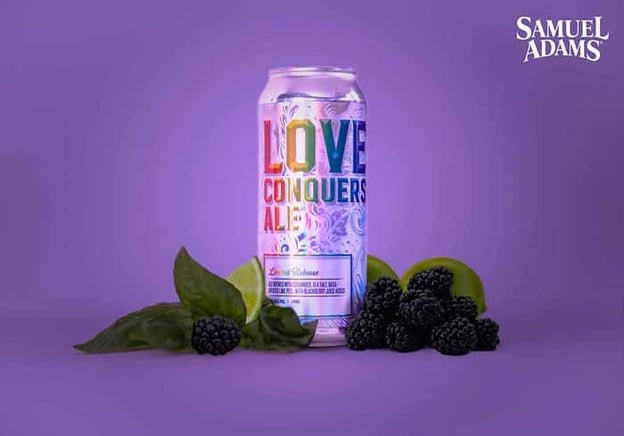
Get started by connecting with community leaders and local non-profit organizations that align with your goals and core values. For example, Veteran-owned brewery Longtab Brewing Company supports charity initiatives for special forces veterans. Before founding Longtab in San Antonio, David Holland served as a Green Beret. “Green Berets are innately drawn to be a part of something bigger than themselves,” says Holland. “When they retire or leave the unit, the desire remains to be a part of the community, or to give back in some way.When I started Longtab, it was a personal requirement for me to give back to a community that had given me so much, and to represent our history in an honorable way.” Finding partners in the community to work with is generally fairly easy to do; however, be cognizant. Team up with an organization that makes sense for your business. Not all will be a good fit for a business that serves alcohol.
Social Impact
It is no longer enough to simply make great beer and create a welcoming environment. Consumers, employees, investors, and the media are all focused on working with companies that have a clearly stated mission or purpose. Opportunities to make an impact and show your support for the community include participating in one of the many collaboration beer projects that have emerged recently such as Black is Beautiful, Brave Noise Beer, and Pink Boots Collaboration Brew Days.
Black is Beautiful is a beer collaboration project on a mission to raise awareness of the daily injustices people of color face. The project is the brainchild of Marcus Baskerville, Head Brewer and Co-owner of San Antonio brewery Weathered Souls. When Baskerville speaks to people about the initiative, he is quick to point out that it is not a politically motivated project, “I don’t want to put politics into beer,” he says. “When you get into social justice reform around race and culture, it’s not political, it’s about basic human rights. At the end of the day it has to be important to you in your heart and I shouldn’t have to convince someone they are anti-racist.” When it comes to participating in a project, Baskerville says it’s important to truly believe in the mission and the purpose of what’s being done. If that is the case then the support will follow. “Reach out to your local community and you will find so many people who want to support the project,” says Baskerville. “Business, nonprofits, and the media can all assist in highlighting the beer.” Currently, Black is Beautiful has breweries participating in all fifty states and over twenty countries around the world.
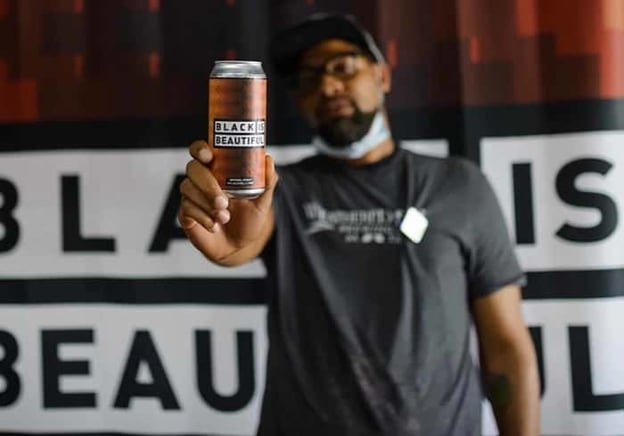
The Pink Boots Society (PBS) is a non-profit organization for women in the fermented/alcoholic beverage profession designed to assist, inspire and encourage women through education.
Each year PBS partners with Yakima Chief Hops to create a unique hop blend that benefits their international scholarship funds. Breweries around the world buy the blend and then host a collaboration brew day with members of local PBS chapters as a day of education and camaraderie. Once the beer is released, each brewery donates a portion of the proceeds to international and local PBS scholarship funds.
While collaboration brew days directly benefit PBS scholarships, anyone can participate. “We invite everyone in the industry, regardless of gender, to get involved and participate,” says Sue Rigler, PBS Collaboration Brew Day Coordinator. “We want as many people as possible to experience the collaborative excitement around an international event promoting unity, inspiration, and education to women in all fermentable beverage industries.”
One Final Word
As you research and build your business plan, include CSR strategies as part of the process. Developing a strategy at the very beginning avoids retrofitting elements once you open the doors.
If your business is already operating, take the time to work with your team and do the GDEIB assessment to see where you can make incremental improvements to your processes and long-term strategies.
7 Additional Resources to Use
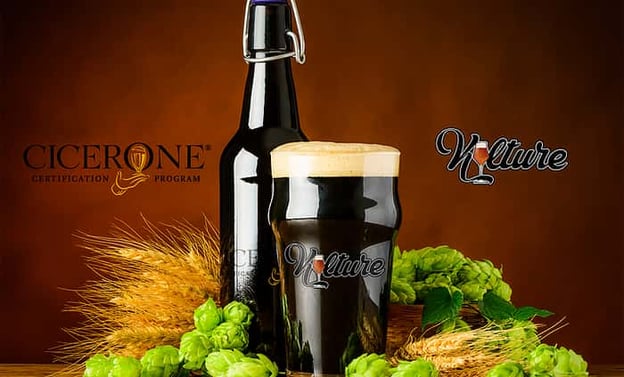
Other resources to help form your plan can be found below.
- The Brewers Association Diversity Best Practices - designed to help a business with everything from starting the conversation about why diversity matters and what it means to them, to setting up a framework to assess the success of a diversity and inclusion program.
- Global Diversity, Equity and Inclusion Benchmark - a resource for research and education for individuals and organizations in their quest to improve diversity and inclusion practices around the world.
- Human Rights Campaign - identifies the problems and challenges LGBTQ+ people face, then follows a clear model for effecting change.
- Safe Bars - helps bars, restaurants, breweries, and other alcohol-serving spaces create safe and welcoming cultures for patrons, and safe and respectful workplaces for staff. Safe Bars recently named Dr. J. Nikol Jackson-Beckham, Ph.D. as the new board president.
- Crafted for All - Dr. J. also founded Crafted for All, which empowers craft beverage organizations to develop inclusive, equitable, and just practices that drive success, build communities, and inspire individuals.
- Beer Kulture - Co-founder, President, and CEO Lateisha Cook runs this organization that creates opportunities that foster diversity, equity and inclusion within the craft beverage space. Since 2017, Beer Kulture has been a community resource and has demonstrated commitment to the work necessary to advance the Kulture forward.
- Beer. Diversity. - Founded by Ren Navarro, Beer. Diversity. addresses the lack of diversity in the beer industry and how we can all work together to improve it. One beer at a time
- Corporate Social Responsibility (CSR): A Resource Guide - The discipline of CSR broadens the responsibility of businesses beyond their obligation to stockholders—to society and the environment. This research guide includes lists of historical resources, current standards, and company/facility information.
See Why Breweries Like You Are Making The Change
Ollie is the affordable, easy-to-use software to manage your brewery and operations. See why breweries like yours are making the switch.
